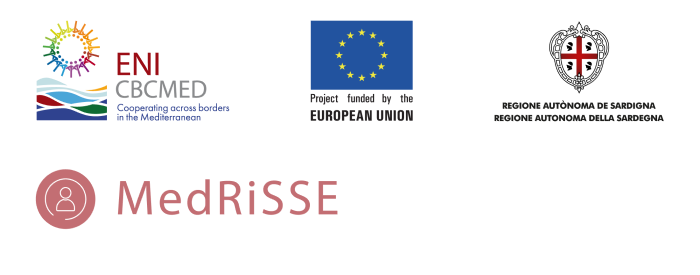- Key elements of the process
In this section we will explain the key phases and the respective main actors, resources and actions which can lead to the set-up of the CitESS pilot pole. By analysing the phases of the process, you will learn how to develop a local SSE ecosystem based on CitESS methodology. Key determinants to replicate the model, as well as potential risks and respective mitigation measures, complete the overall assessment of CitESS model for those readers who might be interested or even considering embarking on a similar experience elsewhere.
It is important to keep in mind that the contents presented in this module are only some guidelines that can serve as a reference to develop a local SSE ecosystem. This process will need to be adapted and implemented differently in each context, using the most appropriate ingredients available in each case.
The key elements triggering the process are:
| Type | Elements |
| Actors | · Local public authorities & institutions, Ministries & National Agencies supporting entrepreneurship in different economic sectors · SSE actors, organisations & networks · Traditional and SSE entrepreneurial training and support organizations (i.e. Vocational Training, Centres, incubation centres) · Universities · Financing organisations · Territorial facilitators · Influential and strongly motivated leaders that steer the CitESS set-up |
| Resources | · Strategic networks leveraging needed resources (i.e. human resources, infrastructures, physical resources and spaces, expertise) · Existing basic public, private or civil society entrepreneurial support programs/services · Human resources & skills (i.e. active listening, communication skills, facilitation skills, adaptability and flexibility, openness, mediation skills, leadership, long-term vision and interpersonal skills) · Social capital (mutual trust, cooperation, concertation, collaboration, openness) · Formalised, sound and multi-sector Governance · Financial resources |
| Actions | 1. Preliminary territorial assessment of SSE dynamics and potentials 2. Wide, multi- stakeholder and participatory consultation process leading to a shared and territorial definition of SSE, CitESS role & functioning 3. Information & awareness-raising activities, training & exchanges to engage and connect multi- sector SSE actors and institutions 4. Trainings & workshops to reinforce SSE support services 5. Establishment of CitESS governance structure 6. Formalisation of CitESS legal status |
| Outputs | · “Concertation space” for territorial multi-sector SSE ecosystem actors. · CitESS Governing Body · CitESS legal Association · CitESS as a recognized territorial SSE reference pole/ SSE interlocutor |
| Outcomes | · Increased territorial SSE knowledge and awareness by local communities & SSE actors · Improved capacities and skills of territorial SSE support organisations (from private, public, civil society sectors]Improved mutual trust and collaboration between territorial multi-sector actors and institutions · Improved collective capacity to identify and respond to the main existing territorial problems, need and gaps · Development of an enabling ecosystem for the local SSE promoting inclusive and sustainable development |
| Impacts (MAIN TARGETED SDGs: Sustainable Development Goals) | 8 Decent work and economic growth 11 Sustainable cities and communities 12 Sustainable consumption and production patterns 16 Peace, justice and strong institutions 17 Partnerships for the goals |

